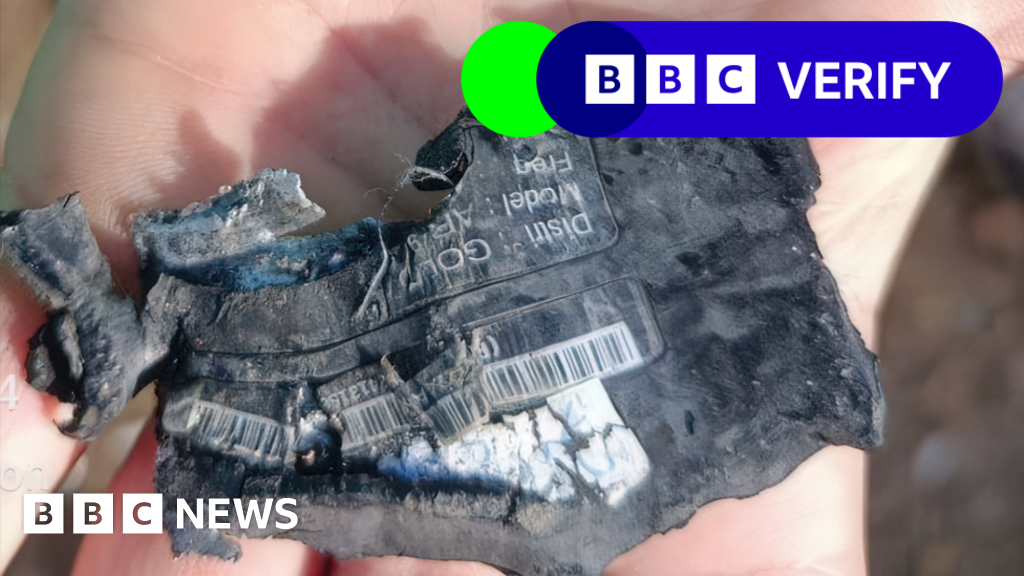The Lebanese government says 12 people, including two children, were killed after thousands of pagers used by the armed group Hezbollah exploded.
BBC Verify has been looking into a firm called BAC Consulting, which has been linked to the production of the pagers – despite the devices bearing a different manufacturer’s name.
A short while after the explosions took place on Tuesday, unverified images of two damaged pagers surfaced on social media. In the photos, the word “Gold” and a serial number starting either “AP” or “AR” was visible. This indicated that a Taiwanese company – Gold Apollo – could have been involved in the pagers’ manufacture.
However, the firm put out a strongly worded statement denying any involvement, saying: “This model is produced and sold by BAC.”
BAC Consulting is a Hungarian-based company which Gold Apollo says had permission to use its brand through a licensing agreement.
BBC Verify has accessed BAC’s company records, which reveal it was first incorporated in 2022 and has a single shareholder. It is registered to a building in Budapest’s 14th district.
As well as BAC, a further 13 companies and one person are registered at the same building.
However, our search of a financial information database does not reveal that BAC has any connections to other companies or people.
The same database shows no trading information about BAC. For example, there are no records of any shipments between it and any other firms.
However, BAC’s website, which is now inaccessible, previously said it was scaling up its business in Asia, and had a goal to “develop international technology co-operation among countries for the sale of telecommunication products”.
According to records, BAC had a net turnover of 256,996,000 Hungarian Forint ($725,000; £549,000) in 2022, and 210,307,000 Hungarian Forint ($593,000; £449,000) in 2023.
A company brochure, published on LinkedIn, lists eight organisations BAC claims to have worked with – including the European Commission and the UK Department for International Development (DfID).
BBC Verify has approached all the listed organisations for comment. The UK Foreign Office – which has taken on DfID’s responsibilities – told us it was in the process of investigating. But based on initial conversations, it said it did not have any involvement with BAC, despite the firm’s claim.
BAC’s website listed one person as its chief executive and founder – Cristiana Bársony-Arcidiacono – and does not appear to mention other employees.
BBC Verify has learned she graduated from the University of Catania with a physics degree in 2001. According to her LinkedIn profile, she also holds PhDs from two London universities.
We have made several attempts to contact her, but have been unable to reach her.
NBC has reported it had spoken to Ms Bársony-Arcidiacono, who confirmed her company worked with Gold Apollo. However, when asked about the pagers and the explosions, she said: “I don’t make the pagers. I am just the intermediate. I think you got it wrong.”
The BBC has called BAC a number of times, but there is no answer.
A spokesperson for Hungarian Prime Minister Viktor Orbán has said the exploding pagers were “never” in Hungary.
“Authorities have confirmed that the company in question is a trading intermediary, with no manufacturing or operational site in Hungary,” government spokesperson Zoltán Kovács said in a post on X (formerly Twitter).
BBC Verify will continue to update this story.
Reporting by Tom Edgington, Joshua Cheetham, William Dahlgreen and Daniele Palumbo

